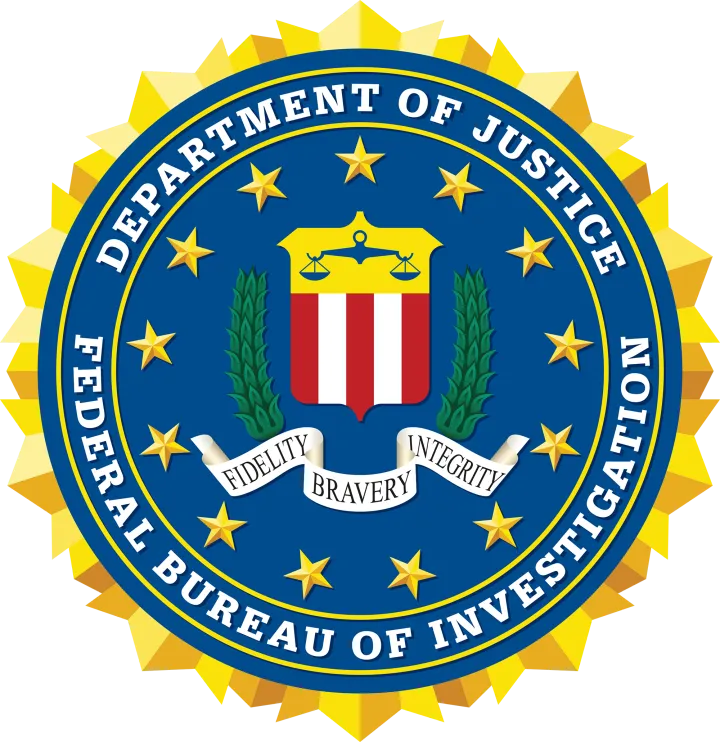Judge Rules Pfizer Cannot Recover $75 Million from SEC Insider Trading Settlement
A U.S. judge rules Pfizer can't reclaim $75M from SEC settlement over insider trading, directing it to the U.S. Treasury.

In a significant ruling on Tuesday, a U.S. District Judge rejected Pfizer’s attempt to recoup $75.2 million from a settlement tied to an insider trading case involving Steven A. Cohen’s former hedge fund, SAC Capital Management. The case stemmed from a 2013 SEC settlement related to illegal trading in stocks of Wyeth (which Pfizer acquired in 2009) and Elan, following tips from a neurologist during an Alzheimer’s drug trial. The judge's decision now directs the leftover funds to the U.S. Treasury, rejecting Pfizer's claim that it was entitled to the money.
Background of the Case: Insider Trading, SAC Capital, and Wyeth
The case centers around Mathew Martoma, a former employee of SAC Capital, who was convicted in 2014 after using insider information to trade stocks of Wyeth and Elan based on confidential data from a neurologist involved in an Alzheimer’s drug trial in 2008. Martoma received tips from Dr. Sidney Gilman, which he then used to inform SAC Capital’s investment decisions, leading to millions of dollars in illegal profits.
SAC Capital, led by billionaire Steven Cohen, pleaded guilty to securities fraud in 2013. The firm paid $1.8 billion in settlements, including fines and disgorgements, to resolve the SEC's claims and other regulatory investigations. The $602 million settlement included funds to compensate Wyeth and Elan investors who had been harmed by the insider trading. However, after paying those claims, $75.2 million remained unclaimed, sparking a dispute over its rightful owner.
Pfizer’s Claim to the Funds: A Rejection of Reputational Harm
Pfizer, which acquired Wyeth in 2009, filed a motion to claim the leftover $75.2 million, arguing that the funds should be paid to the company as Wyeth’s parent corporation. Pfizer argued that Wyeth suffered financial harm as a result of the insider trading, particularly due to the loss of market value after the drug trial data was leaked. They also claimed that Dr. Gilman’s breach of fiduciary duty to Wyeth contributed to the scandal, which damaged Wyeth’s reputation and financial standing.
However, U.S. District Judge Victor Marrero disagreed with Pfizer’s reasoning. The judge ruled that Wyeth, as a company, did not suffer "pecuniary harm" from the insider trading scheme, which was the core requirement for reclaiming the funds. While the judge acknowledged that companies whose proprietary information is misappropriated in insider trading cases are typically considered victims, the financial harm Pfizer claimed was not directly tied to the illegal trading.
The Court’s Ruling: Money Sent to U.S. Treasury
Judge Marrero’s ruling pointed out that while Wyeth’s reputation may have been tarnished by the insider trading scandal, there was no clear evidence that the financial loss Pfizer suffered was directly attributable to the illegal activities. The judge specifically noted that Wyeth’s market value decline, which amounted to $7 billion following the drug trial’s fallout, occurred long after the insider trading scandal became public. The SEC had already compensated investors who were harmed, and the remaining funds were directed to the U.S. Treasury as requested by the SEC.
In his ruling, Judge Marrero emphasized that the money would not be returned to Pfizer simply because the company felt it had been indirectly impacted by reputational damage. According to the court, reputational harm alone does not qualify a corporation to reclaim funds from a disgorgement settlement.
The Implications for Pfizer and the SEC
For Pfizer, this ruling means that the company will not receive the $75.2 million from the SEC settlement, which it had hoped to use to cover some of the alleged financial impact Wyeth faced. The case highlights the complexities of corporate claims in insider trading settlements, particularly when a company's damages are more reputational than direct financial loss.
For the SEC, this decision further underscores its role in ensuring that funds from insider trading settlements are distributed to those who were directly harmed by the violations, primarily the investors. The ruling also shows that, while corporations like Pfizer may feel the effects of scandals involving their subsidiaries, those effects do not always translate into financial compensation from regulatory settlements.
SAC Capital, Steven Cohen, and the Aftermath
While SAC Capital pleaded guilty to securities fraud, billionaire Steven Cohen, the firm’s founder, was never criminally charged in connection with the insider trading scandal. However, Cohen agreed to a two-year ban from managing outside capital as part of a settlement to end the SEC’s investigation into the firm’s practices. In 2014, Cohen rebranded SAC Capital as Point72 Asset Management, continuing to run the firm but no longer managing outside money.
Despite his firm’s conviction, Cohen has remained one of the wealthiest individuals in finance, with an estimated net worth of $21.3 billion, according to Forbes. However, the ongoing fallout from SAC Capital’s illegal activities continues to affect both the firm’s legacy and its financial dealings.
Conclusion: Reputational Harm Not Enough for Corporate Recovery
Pfizer’s bid to recoup the remaining $75.2 million from the SEC’s insider trading settlement was rejected, with the court ruling that Wyeth’s reputational harm did not constitute a financial loss that would entitle the company to the funds. This ruling underscores the specific criteria required for corporations to recover money from securities violations and serves as a reminder that reputational harm alone is insufficient grounds for such claims.
While this outcome may be disappointing for Pfizer, it reinforces the SEC’s role in ensuring that funds from settlements are directed to those who have directly suffered financial harm. For the future, corporations facing similar scandals may need to focus on demonstrating direct financial harm, rather than relying on reputation as a basis for recovery.



